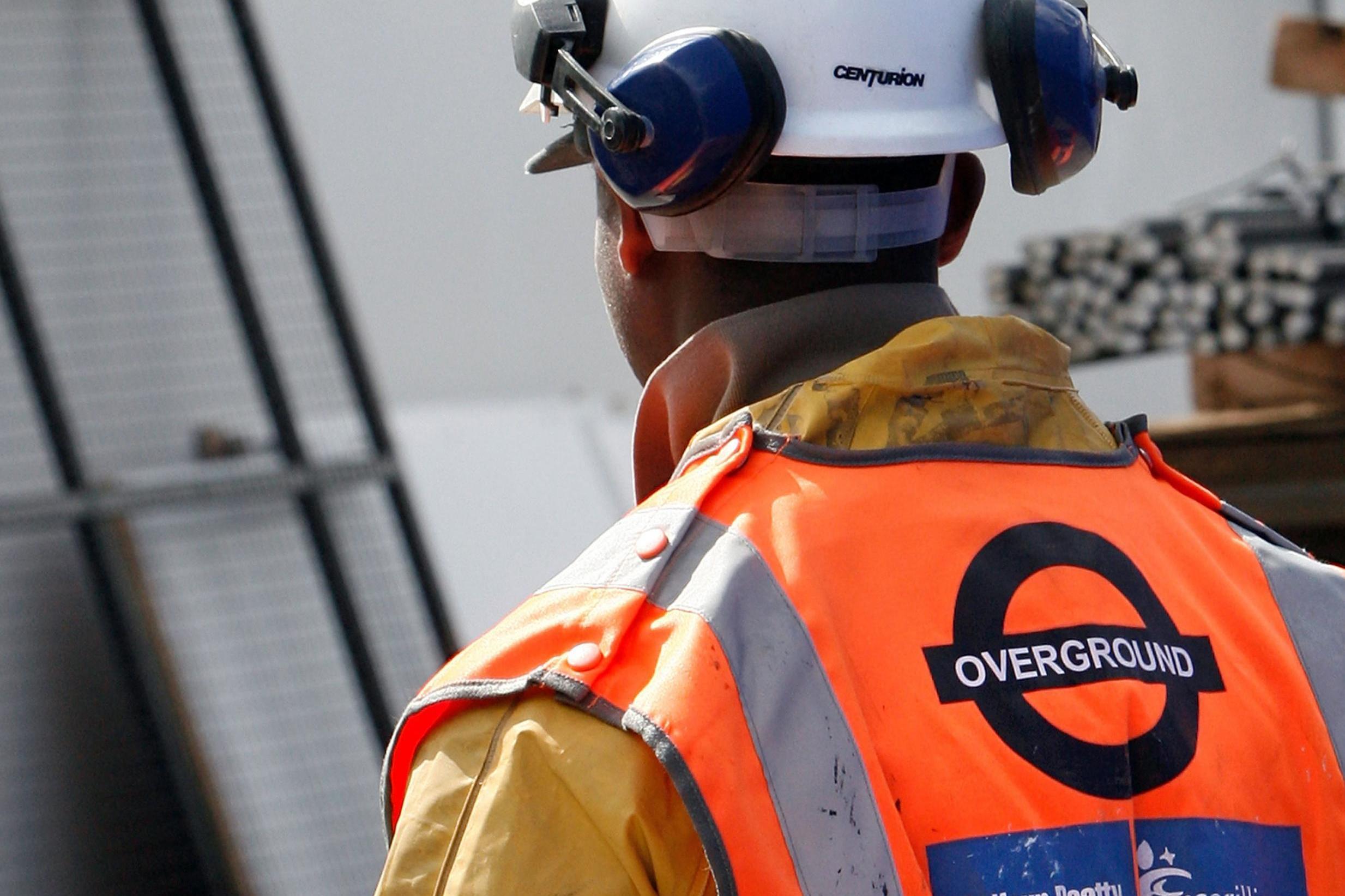What we should learn from the crisis at Government contractor Carillion
Given how many have struggled, should we really be handing so many state services to these businesses?

Your support helps us to tell the story
From reproductive rights to climate change to Big Tech, The Independent is on the ground when the story is developing. Whether it's investigating the financials of Elon Musk's pro-Trump PAC or producing our latest documentary, 'The A Word', which shines a light on the American women fighting for reproductive rights, we know how important it is to parse out the facts from the messaging.
At such a critical moment in US history, we need reporters on the ground. Your donation allows us to keep sending journalists to speak to both sides of the story.
The Independent is trusted by Americans across the entire political spectrum. And unlike many other quality news outlets, we choose not to lock Americans out of our reporting and analysis with paywalls. We believe quality journalism should be available to everyone, paid for by those who can afford it.
Your support makes all the difference.How long can it be before a crisis at a Government contractor turns really nasty, and the National Audit Office’s warning that the big guns have become too big to fail proves prophetic?
The week in the City has kicked off with yet another finding itself in the midst of a very big mess. This time it’s Carillion.
Having trumpeted it’s “high quality order book”, reassured that performance was “in line with expectations” and repeated a pledge to reduce debt in March, things have taken a dramatic turn for the worse.
The company, that does everything from catering to construction, and employs 47,000 people worldwide, has issued a brutal profit warning and suspended its dividend in a bid to save cash. Chief executive Richard Howson is on his way out and a “comprehensive review” of the business is to be launched (KPMG is already poking around the construction operations).
Amid longstanding investor concerns about its finances, debt continues to rise, despite the actions that the company has taken to stop the rot.
They include exiting construction public private partnerships in this country, pulling out of construction in the Middle East, and being ultra careful when it comes to taking on new projects.
It looks awful, and it’s interesting to note that Mr Howson is supposed to be sticking around to help keep the show on the road with his interim replacement Keith Cochrane while the company tries to find someone to get it back on an even keel.
The thing is, we’ve seen this sort of thing before, and on repeated occasions. As the mania for outsourcing took hold on the part of Government and in the private sector, a host of companies like Carillon grew and got fat.
They used the vast revenues they earned to expand overseas, taking on more and more diverse streams of work in more and more parts of the world. Jacks of all trade, masters of… well it hardly needs saying.
Pick a contractor, any contractor, and Google will probably be able to find you a crisis like the one at Carillion.
Just last year, Capita’s shares hit a ten year low after the second profit warning in three months. Meanwhile Serco, which appointed Winston Churchill’s grandson to sort out its financial mess, has found itself smack in the middle of an operational foul up.
Having taken on a big contract at the four hospitals overseen by the Barts NHS Trust (ironically Carillion previously handled part of it), perhaps evidence of renewed official faith in its abilities, it managed to provoke a strike among cleaning staff at the Royal London Hospital after just three days.
Three months on, and 1,000 cleaners, porters, caterers and security staff, at the latter and the other hospitals, are poised to begin industrial action.
And so it goes on. And on and on.
Badly managed finances, badly managed contracts, unhappy staff, unhappy customers, unhappy workers.
You’d think, given all this, that someone would ask seriously whether it’s really such a good idea to have handed such a wide range of state services to companies that operate in this manner, and that keep falling flat on their faces.
Yet, with the notable exception of the NAO, it’s not happening.
Faced with situations like those above, the Government shrugs its shoulders, perhaps because, ultimately, the companies concerned have always just about found a way through their difficulties.
It seems we might have to wait for a truly dreadful crisis, one that really hurts people, for this to change.
It always seems to be that way in modern Britain.
Join our commenting forum
Join thought-provoking conversations, follow other Independent readers and see their replies
Comments